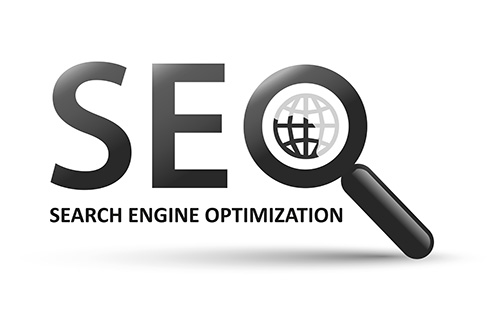Say it with me: Ideas are AWESOME! Sometimes I think my real business is to talk about ideas. In fact, I love to talk about ideas. But ideas on their own are pretty much useless. Ideas that are implemented, however, can be extremely lucrative!
How To Turn Your Ideas Into Income
First thing’s first, you’ll want to download this handy dandy little eBook penned by one of my colleagues. Just hop on over to his website and enter in your name and email to snag your Implementation Guide. He had laid out a process to help you evaluate what makes a good idea and some brief thoughts on where to go to get your idea implemented.
Once you’ve sussed out your idea and determined which one(s) you want to pursue, it’s time to develop your idea. While they are many different ways to get an idea implemented, we’ll be taking a look at the two main strategies used by my clients: physical products and online products.
Developing Physical Products
Before you get too deep into the development phase, it would be worth doing a quick Google search to see if there is an existing product already on the market. Depending on the nature of your product idea, you may also want to do a quick patent search.
The next step will be to get feedback on your idea. I recently attended my first focus group and was asked four basic questions:
- Have you seen this product or something similar to it before?
- Do you see the value of this product?
- Would you buy it / use it / recommend it?
- What price would you be willing to pay for it?
While the actual focus group went into much greater detail on each of those questions, these basic questions will help you gauge the need for your idea in the marketplace, general pricing and even the target market for your product.
Protect Your Idea: Most people skip this stage at they think it’s too expensive to invest in a patent or intellectual property attorney. If you believe in your product and believe that you’ve hit upon a successful idea, then you owe it to yourself to protect that idea. If you truly cannot afford to consult a professional, I will share a strategy that worked for a friend of mine when he was first starting out as a songwriter.
It’s basic protection and I really can’t say how effective it is in protecting you should a legal issue arise but perhaps it can be used as a short term strategy until your funding allows for proper legal protection. (If you’re looking for some help, check out EPW Small Business).
Write down your idea in as much detail as possible and mail it to yourself (as a songwriter, my friend Stephan used to record his song on tape and mail it to himself). DO NOT OPEN the letter once you receive it. Save it in case you need to establish the original date for your idea.
Develop A Prototype: As anyone who watches Dragon’s Den can tell you, the next stage in product development is to develop a prototype. Get a few prototypes made so that you have something in hand to show potential investors or even when it comes to doing your research on manufacturing and pricing.
Those are the basic steps for developing a physical product. My clients mostly deal with Online Products but a few of them have physical products (mainly books for which the process is a little bit different). Any physical products they had in their product catalog have been replaced with online versions. So let’s take a look at that next.
Developing Online Products
Some of the steps will be similar to developing physical products. You will want to do your research to see if your product has been developed before and get feedback from your target market (including surveying your list if you have one).
The good news is that even if your research determines that your idea has been developed before, it doesn’t mean that you can’t create a better product. Many internet marketing products and strategies have been produced a dozen times.
Once you have your idea and feedback on it’s viability, the process to get the idea out to market is radically different than that of physical products. At minimum, you’ll need a website, an online shopping cart, your product in digital format (whether an ebook, video, audio series, etc.) and a marketing strategy. If you need help with any of these steps, get in touch with me.
No matter what type of product you develop, unless you’re willing to get into action and implement your idea, you’re not going to be able to turn that idea into income. So get started today. Imagine how good it will feel to know you’ve created something.







Leave A Comment